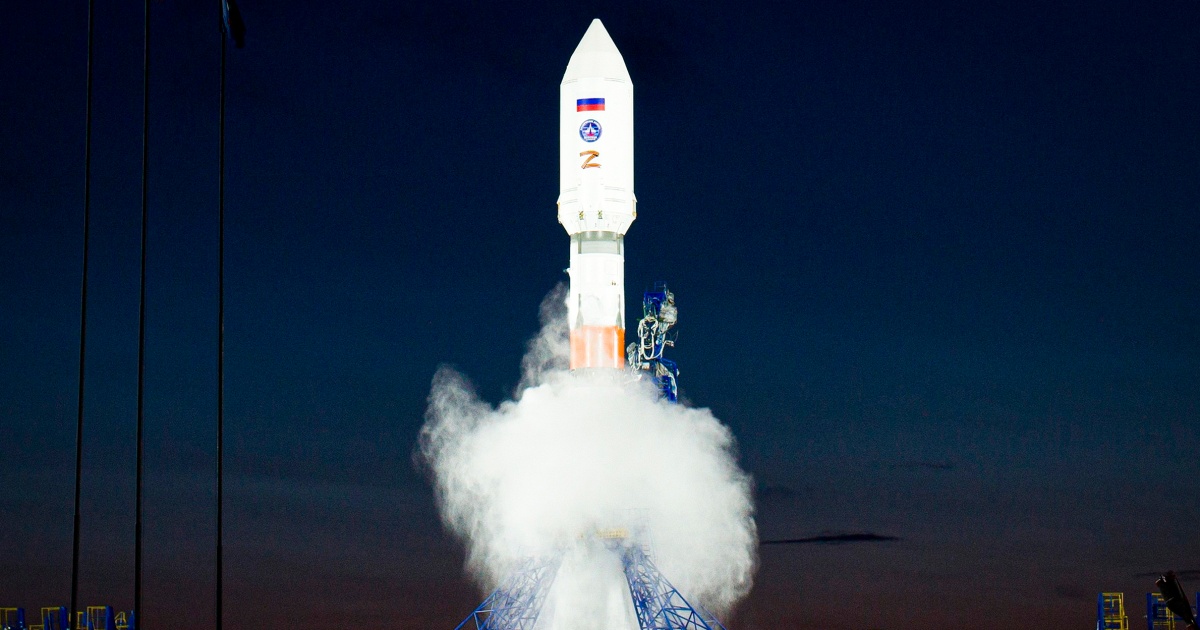In a recent escalation of tensions between the United States and Russia, the U.S. has accused Russia of launching a potential space defense weapon in the same orbit as a U.S. government satellite. Pentagon spokesperson General Pat Ryder has indicated that the satellite, launched on May 16, could be capable of attacking other satellites in low Earth orbit. This accusation falls in line with ongoing concerns about the militarization of space.
Russia's response to these accusations has been dismissive, categorically denying the weaponization of the satellite. Deputy Foreign Minister Sergei Ryabkov labeled the U.S. accusations as 'fake news', and Kremlin spokesperson Dmitry Peskov reiterated Russia's commitment to international law, emphasizing that Russia has repeatedly called for a ban on the deployment of any weapons in space. Despite these assertions, the situation remains tense.
The ongoing dispute is not limited to verbal skirmishes. The two nations have engaged in tit-for-tat moves at the United Nations, vetoing each other's resolutions aimed at preventing the weaponization of space. A U.S.-drafted resolution to prevent an arms race in space was vetoed by Russia last month. Similarly, a Russian-drafted resolution calling for the prevention of any type of weapons in outer space was blocked by the U.S., Britain, and France. The stalemate at the UN Security Council highlights the deep-seated distrust between the nations.
This war of words over space comes amid increased military activities on the ground. The Russian Ministry of Defense has initiated nuclear exercises with non-strategic nuclear weapons, rehearsing the use of Iskander and Kinzhal missiles. These exercises, as stated by Kremlin spokesperson Dmitry Peskov, are intended to deter Western nations from intervening further in the Ukraine conflict. Peskov criticized the discussion in Western countries about sending ground troops to Ukraine, emphasizing the potential for 'enormous dangers,' implicitly referring to nuclear threats.
Western nations have expressed ongoing concerns about Russia's intentions. The White House has previously warned about Russia's development of anti-satellite weapons, which dates back to launches in 2019 and 2022. These concerns are compounded by the current geopolitical climate, as Russia's continued threats to use its nuclear arsenal bring old Cold War fears of militarizing space back to the forefront. Despite a 1967 treaty that bans placing nuclear weapons or any weapons of mass destruction in orbit, both countries appear to be edging closer to a militarized space race.
The friction between the superpowers extends beyond space, dovetailing with the ongoing conflict in Ukraine. The U.S. has maintained a policy of providing military aid to Ukraine, much to Russia's chagrin. The situation has created a challenging backdrop where talks of space militarization might act as an extension of ground hostilities, making the international community wary of a potential escalation into a full-scale conflict.
- Recently, Russia's state space agency, Roscosmos, launched a vehicle from its Plesetsk cosmodrome, claiming the mission was in the interest of the Russian Ministry of Defense. However, it remains unclear if this launch is connected to the alleged space defense weapon denounced by the United States.
- Pentagon spokesperson Pat Ryder emphasized that the U.S. is prepared to defend its interests in the space domain, continuing to monitor the situation closely. This stance underscores the seriousness with which the U.S. views potential threats in space, echoing the country's commitment to safeguarding its satellites and other space assets.
- The acrimony over space defense capabilities mirrors deeper geopolitical rifts, including NATO’s involvement in the Ukraine conflict. Discussions within European nations about deploying ground troops to Ukraine, like those from France and Estonia, hint at a broader coalition against Russian aggression.
- Reports from Russia indicate that the nuclear exercises will train soldiers in handling Kinzhal and Iskander missiles, reflecting the country's comprehensive military preparedness. These drills, coupled with statements from Moscow, serve as a stark warning to NATO and other Western nations considering deeper involvement in the Ukraine war.






